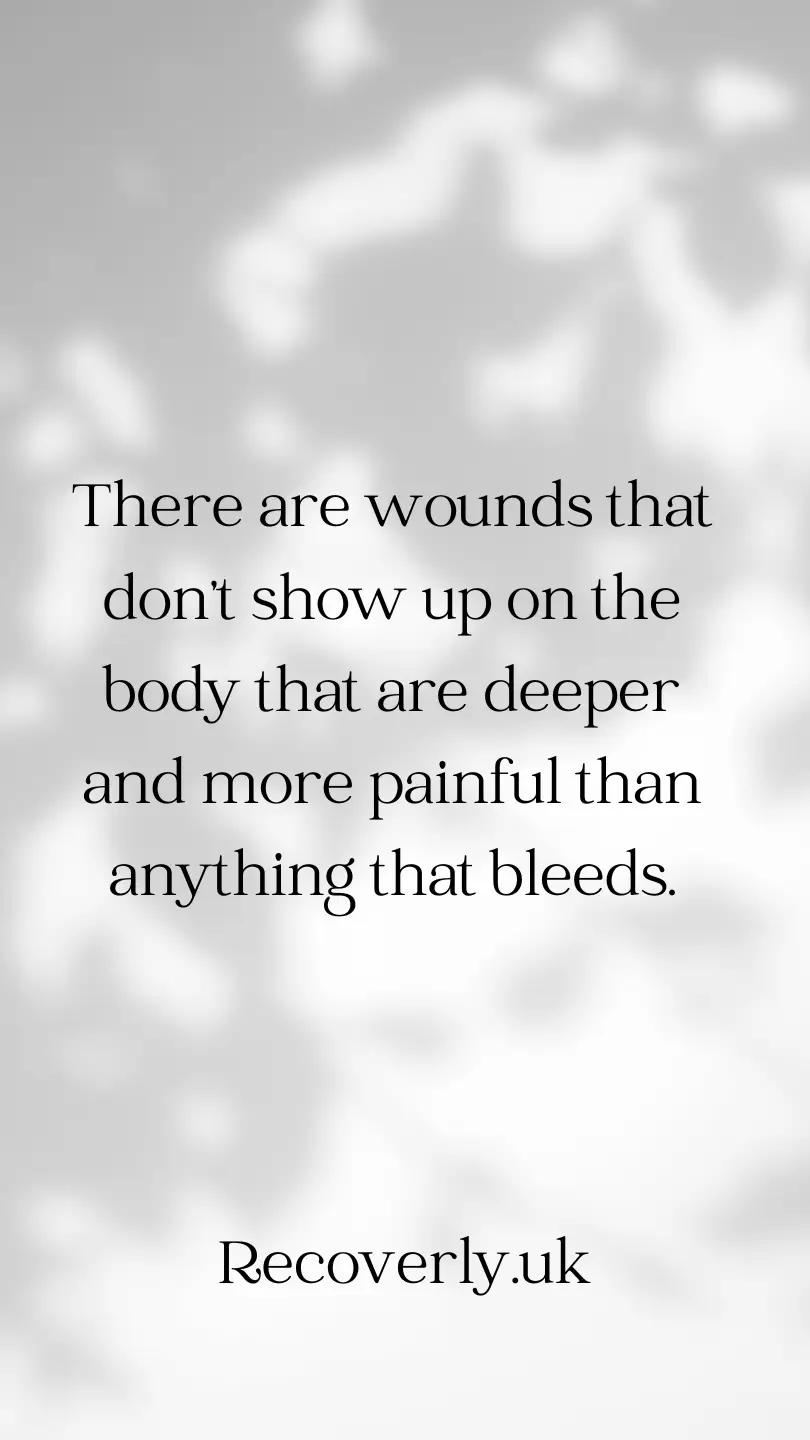Trauma is a word many of us are familiar with, but when it comes to complex trauma, there is often confusion about what it means and how it differs from other forms of trauma. Complex trauma refers to the prolonged and repeated exposure to distressing events, often within the context of close relationships or environments that should have been safe. These experiences can leave deep emotional and psychological imprints, shaping how we view ourselves, others, and the world around us.
What Is Complex Trauma?
Complex trauma occurs when someone is subjected to chronic, ongoing harm, neglect, or instability, typically during critical periods of development. Unlike a single traumatic event, such as a car accident or natural disaster, complex trauma often arises from repeated exposure to situations where safety and trust are compromised. Examples include:
-
- Childhood abuse (physical, emotional, or sexual)
-
- Neglect or lack of consistent caregiving
-
- Domestic violence
-
- Living in environments of chronic instability, such as war zones or extreme poverty
Complex trauma is often interpersonal, meaning it occurs within relationships—particularly those where the individual depends on the other person for safety, love, or support. This betrayal or loss of trust can have lasting effects on emotional and relational health.
The Impact of Complex Trauma
The effects of complex trauma are deep and far-reaching, often influencing multiple areas of a person’s life. Some common impacts include:
-
- Emotional Dysregulation: Individuals may struggle to manage emotions, experiencing intense feelings of anger, sadness, or anxiety that seem disproportionate to the situation.
-
- Negative Self-Perception: Complex trauma can lead to feelings of shame, guilt, or worthlessness. Survivors often carry an internalized belief that they are unworthy of love or inherently flawed.
-
- Relationship Challenges: Trust issues are common. Survivors may either avoid closeness altogether or become overly dependent on others, fearing abandonment.
-
- Hypervigilance: The nervous system remains on high alert, scanning for danger even in safe situations. This can lead to difficulty relaxing, sleeping, or feeling secure.
-
- Dissociation: To cope with overwhelming pain, some individuals detach from their emotions, memories, or sense of reality. While this can be protective in the short term, it can create feelings of disconnection later on.
-
- Physical Symptoms: Chronic trauma often manifests in the body as headaches, fatigue, digestive issues, or chronic pain, as the stress response becomes dysregulated over time.
How Is Complex Trauma Different From PTSD?
While complex trauma and Post-Traumatic Stress Disorder (PTSD) share similarities, they are not the same. PTSD is often associated with a specific, singular event, while complex trauma stems from ongoing, repeated harm. As a result, complex trauma tends to have broader, more pervasive effects on identity, relationships, and emotional regulation. Some professionals refer to the lasting effects of complex trauma as Complex PTSD (C-PTSD) to distinguish it from PTSD.
Healing From Complex Trauma
Healing from complex trauma is a journey, but it is absolutely possible. Recovery often involves addressing the root causes of trauma while learning new ways to cope, connect, and rebuild trust in yourself and others. Here are some foundational steps:
-
- Therapeutic Support:
-
- Trauma-focused therapies, somatic experiencing, or trauma-informed cognitive behavioural therapy (CBT), can be invaluable in processing and healing trauma.
-
- Therapeutic Support:
-
- Building Self-Awareness:
-
- Understanding how your trauma affects your thoughts, emotions, and behaviors is a critical step in recovery. Journaling or working with a therapist can help you identify patterns and triggers.
-
- Building Self-Awareness:
-
- Practicing Grounding Techniques:
-
- Grounding strategies, like deep breathing, mindfulness, or sensory-based exercises, can help regulate overwhelming emotions and reconnect you to the present moment.
-
- Practicing Grounding Techniques:
-
- Creating Safe Relationships:
-
- Surround yourself with people who make you feel safe, respected, and valued. Healthy relationships are essential for rebuilding trust and repairing relational wounds.
-
- Creating Safe Relationships:
-
- Self-Compassion:
-
- Treat yourself with kindness and patience. Healing from complex trauma takes time, and setbacks are part of the process. Acknowledge your resilience and celebrate small victories along the way.
-
- Self-Compassion:
Moving Toward Healing
Complex trauma can feel like an overwhelming weight, but it does not define you. With the right support, tools, and time, it is possible to heal and rediscover a sense of safety, connection, and self-worth. Remember, you are not alone in this journey, and every step you take toward understanding and healing is an act of courage and strength
